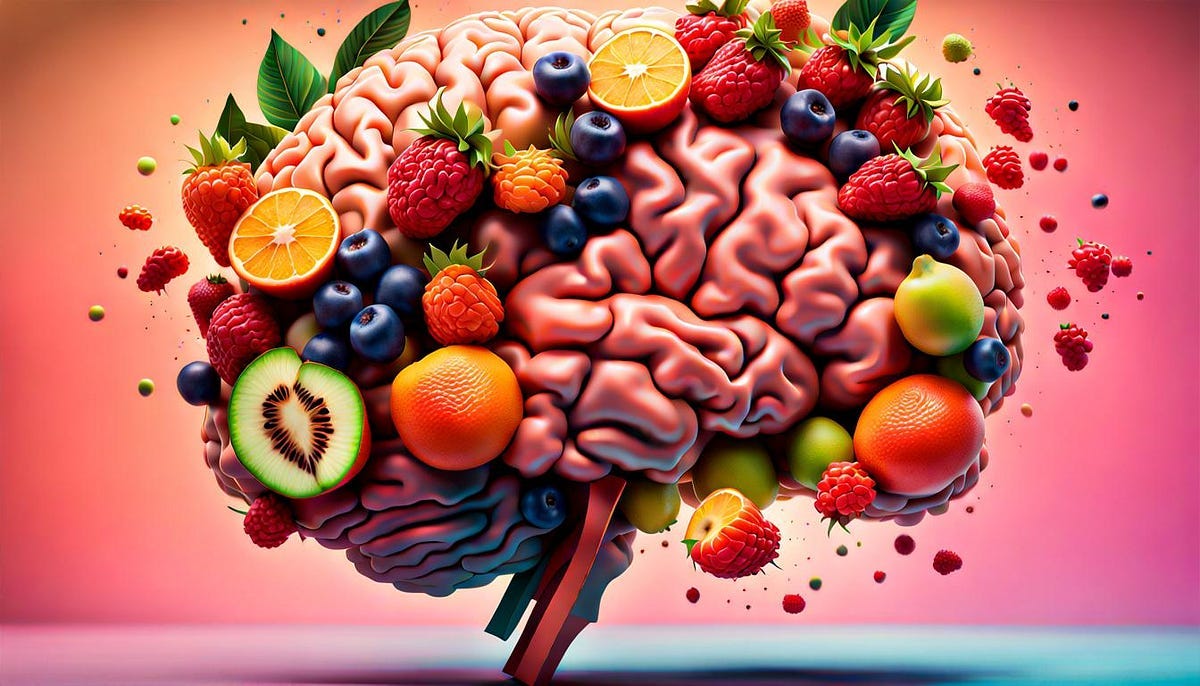The Mental Health Diet: Transforming Mealtimes to Combat Depression Risk
Discover the power of mealtimes in shaping your mental well-being and implement simple changes for a mood-boosting diet without restriction
Discover the power of mealtimes in shaping your mental well-being and implement simple changes for a mood-boosting diet without restriction

The impact of mealtimes on mental health
Our daily eating habits, including where, when, and how we consume our meals, can have a significant impact on our mental well-being.
While many of us focus on the nutritional content of our food, we often overlook the psychological and emotional aspects of eating. Here, I will explore some unusual proven facts about how mealtimes can affect our mood and mental health, and I’ll discuss practical ways to make mealtimes more mood-beneficial without following a strict diet.
The connection between mealtimes and depression
Research has shown that there is a strong link between mealtimes and the risk of depression.
The timing of meals, the environment in which we eat, and our eating habits can all play a role in either raising or reducing the risk of depression. Understanding this connection is crucial for promoting good mental health.
Unusual fact: late dinners and depression risk
One unusual fact that has emerged from recent studies is the association between late dinners and an increased risk of depression. Eating dinner close to bedtime, especially if it becomes a regular habit, can disrupt the body’s internal clock and negatively impact sleep patterns. Poor sleep, in turn, is closely linked to a higher risk of depression.
Mindful eating: A mood-beneficial approach
While strict diets may not be the answer, adopting a mindful approach to eating can significantly improve our mood and overall mental well-being. Mindful eating involves paying full attention to the experience of eating and drinking and being fully present in the moment. This practice can be integrated into our daily lives without requiring drastic dietary changes.
Unusual fact: Mindful eating and dopamine release
An unusual yet proven fact about mindful eating is its ability to enhance the release of dopamine, a neurotransmitter associated with pleasure and reward. When we eat mindfully, savoring each bite and being aware of the sensory experience, our brain’s reward system is activated, leading to an increase in dopamine levels. This, in turn, can help uplift our mood and reduce the risk of depression.
Practical tips for mood-beneficial mealtimes
Making mealtimes more mood-beneficial doesn’t have to be complicated. Here are some practical tips that anyone can incorporate into their daily routine:
Create a positive eating environment: Surround yourself with pleasant sights, sounds, and company while eating. This can help reduce stress and promote a positive mood.
Mindful meal preparation: Engage all your senses while preparing your meals. Focus on the colors, textures, and aromas of the food, and involve yourself fully in the cooking process.
Avoid multitasking: When eating, avoid distractions such as watching TV or working. Instead, concentrate on the act of eating and the enjoyment of your food.
Embrace regular mealtimes: Establishing a consistent schedule for meals can help regulate your body’s internal clock and contribute to better mental health.
Incorporate mood-boosting foods: While not following a strict diet, include foods that are known to have mood-boosting properties, such as fatty fish, berries, nuts, and dark chocolate.
By implementing these simple yet effective strategies, we can transform our mealtimes into opportunities for enhancing our mood and reducing the risk of depression.
The way we eat, including where, when, and how we consume our meals, can have a profound impact on our mental health.
By being mindful of our eating habits and making small, achievable changes to our mealtimes, we can significantly reduce the risk of depression and improve our overall well-being. While strict diets may not be necessary, a focus on creating mood-beneficial mealtimes can lead to positive outcomes for our mental health.
In this article, I have provided insights into the connection between mealtimes and depression, discussed the benefits of mindful eating, and offered practical tips for making mealtimes more mood-beneficial.
The unusual proven facts and practical advice presented are supported by recent research in the field of nutritional psychology.
Source: National Institute of Mental Health Source: Harvard Health Publishing
Follow The Hub Publication for practical tips and inspiring stories.
Write For The Hub Publication — Submission Requirements
We amplify your bold voice and deliver your inspiring stories to our curious and hungry readers.thehubpublication.com




